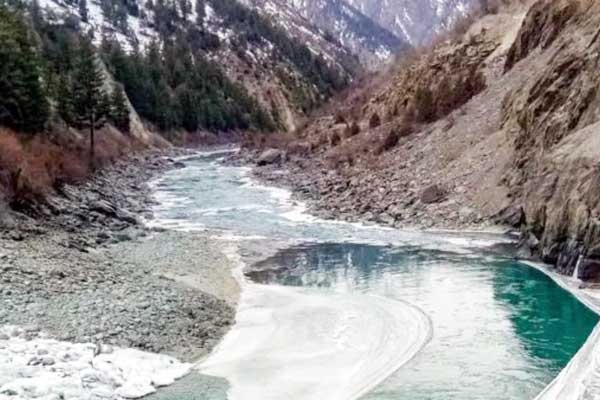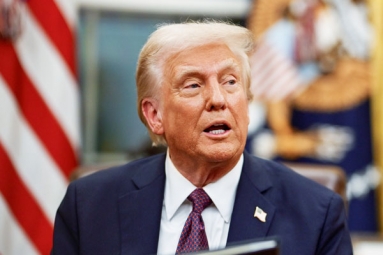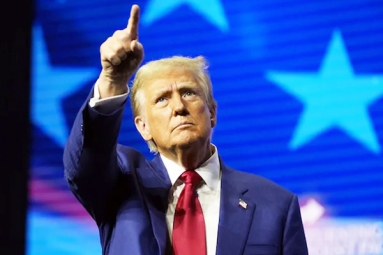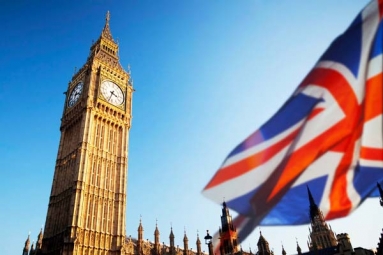
(Image source from: PTI)
India has formally notified Pakistan on August 30, 2024, seeking a review and modification of the 1960 Indus Waters Treaty. Under the treaty's provisions, the two governments can make changes through a new, ratified agreement. India's decision is driven by various developments since the treaty's inception, including significant population changes and associated water usage, the need to promote clean energy development to meet emission goals, and the impact of cross-border terrorism in Jammu and Kashmir, which has disrupted the smooth implementation of the treaty and hindered India's full exercise of its rights.
The Indian government is frustrated with Pakistan's persistent obstruction of hydel projects on the Indian side, which it believes is an unfair exploitation of India's generosity under the Indus Waters Treaty. The situation has become more complex as the World Bank has activated both the Neutral Expert mechanism and the Court of Arbitration. The Indian government has indicated that the dispute resolution mechanism of the Treaty needs to be reconsidered, reflecting its annoyance with Pakistan's uncooperative attitude and the growing anger over cross-border terrorist attacks. There is a growing sentiment that the 1960 Treaty was made with an overly optimistic view of the Pakistan-India relationship, which has since been marked by deep-seated hostility towards India, particularly in the form of support for terrorism. Additionally, there have been persistent demands in Jammu and Kashmir to review the Treaty, as the local population feels that their rights were compromised without their consultation.






















